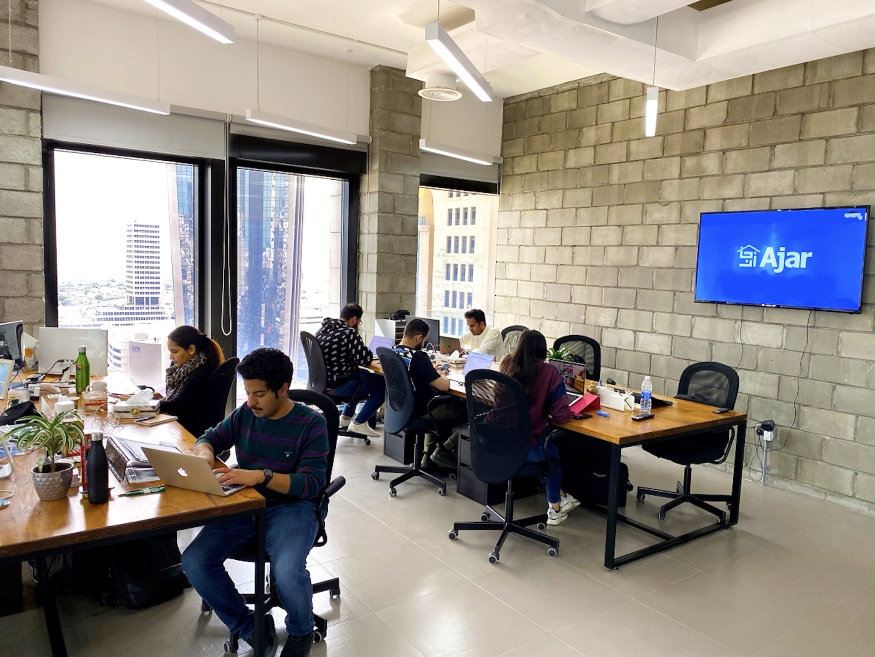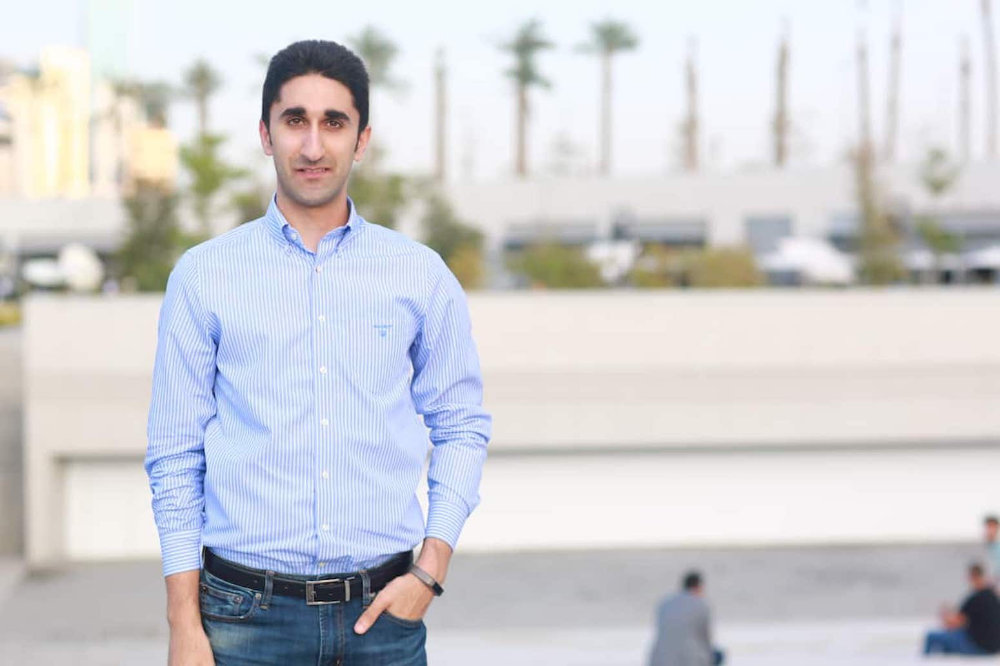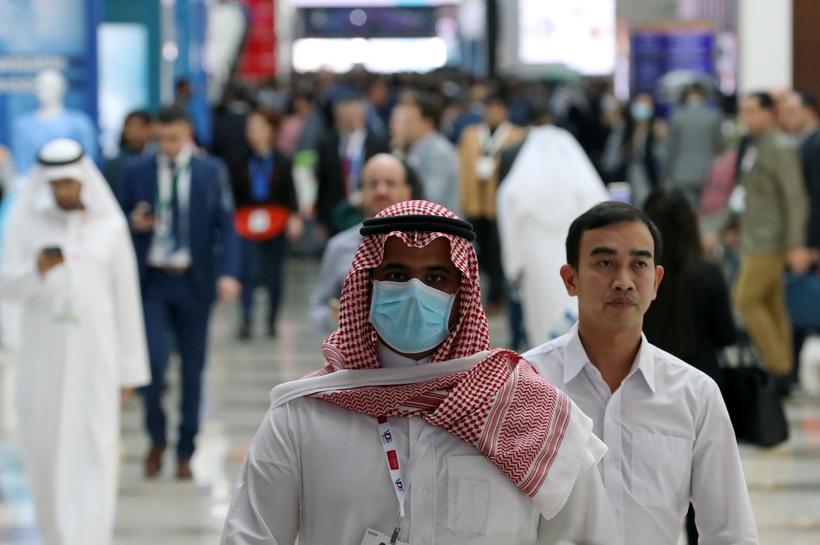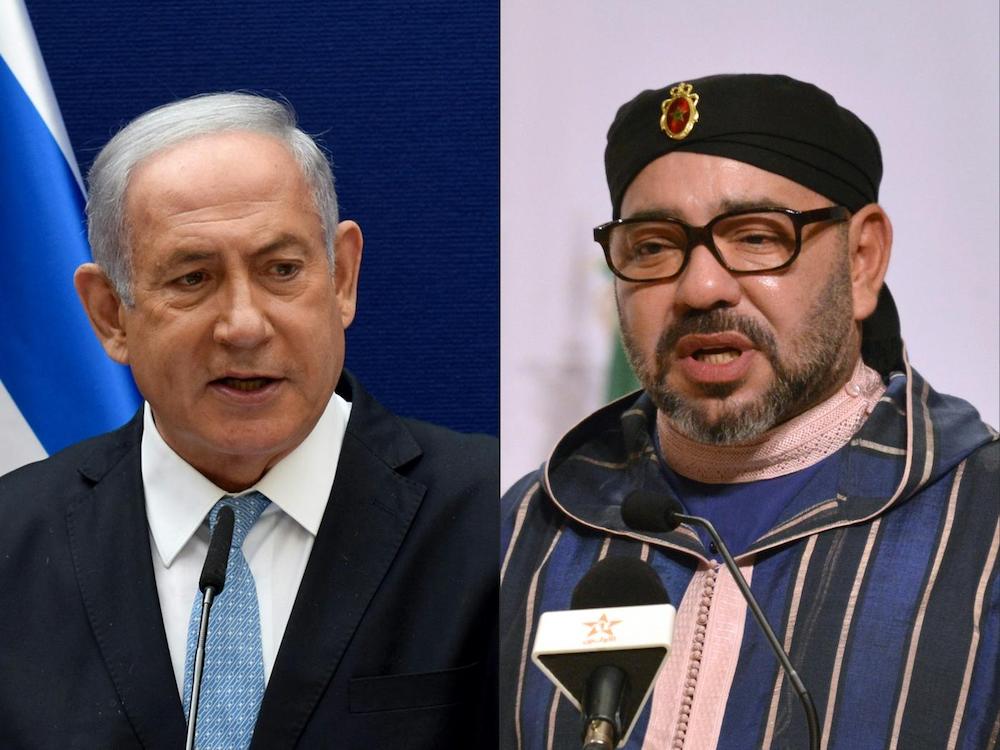Egyptian startup prepares MENA students for a post-pandemic world
DUBAI: Connecting the Middle East and North Africa (MENA) region to educational opportunities is set to become even more vital in the coming months as the world adjusts to post-pandemic circumstances. That’s where MARJ3, an Egyptian social enterprise co-founded by Sami-Al Ahmad and Ahmed El-Gebaly, will prove to be a beacon of hope and opportunity.
MARJ3 connects the MENA youth to scholarship opportunities, universities and courses globally. “I got my first scholarship from the University of Delaware, funded by the US government,” said Ahmed. “I studied in three universities — Delaware, San Diego, and California — for six weeks. They really affected my life, and I learnt a lot.
“That’s why we launched MARJ3 — to help MENA region students learn. Now we’re the leading platform in the MENA region for education purposes.”
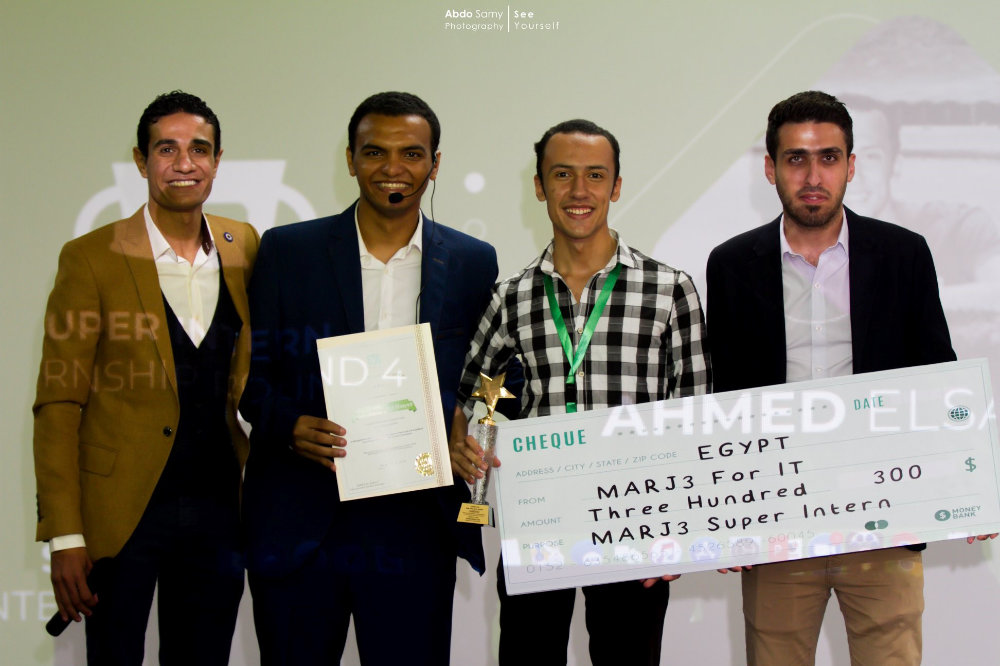
In 2016, Ahmed and Sami, who is originally from Syria, met in Egypt while they were both studying as final year students. The social entrepreneurs decided they wanted to connect more young people like them to the sort of opportunities that drastically changed Ahmed’s life for the better.
“We started as a normal startup and didn’t have a lot of money,” said Sami. “We started with 26 opportunities and shared them on social media and Facebook pages and began to invest our own money to start doing marketing and ads.”
The idea spread quickly on social media, and within a year MARJ3 gained over 250,000 likes on Facebook. Nowadays, the numbers are even more compelling. They currently have over 10,000 opportunities on their platform and get 2.4 million visitors per month.
But the aim of MARJ3 is not to just improve and inspire individuals, but also to effect change across the region through education. “Around 95 percent of scholarships ask you to come back to your home country and benefit your country for at least two years,” said Ahmed.

“They ask that you should transfer this information that you’ve learnt from other countries that you study abroad in.”
“Even if students go to study at Harvard, they usually come back (to their home country) to work at multinational companies, startups, NGOs or the government sector.”
An enterprise like MARJ3 is a huge operation which relies on many components to ensure that it is successful, such as a workforce that believes in its mission. The company currently employs 10 people but also works with 174 interns, who are tasked with helping to source global opportunities to help fulfil the ambitions of MENA’s promising youngsters.
In return, they too benefit from access to scholarships. “If you look at the revolutions in the MENA region, it was young people who started it, they are people who want to learn more and develop their country,” said Ahmed.
“We wanted to work more with this sector because they have a lot of power. They learn fast, they’re ready to change and develop themselves. The education sector needs people like this.”
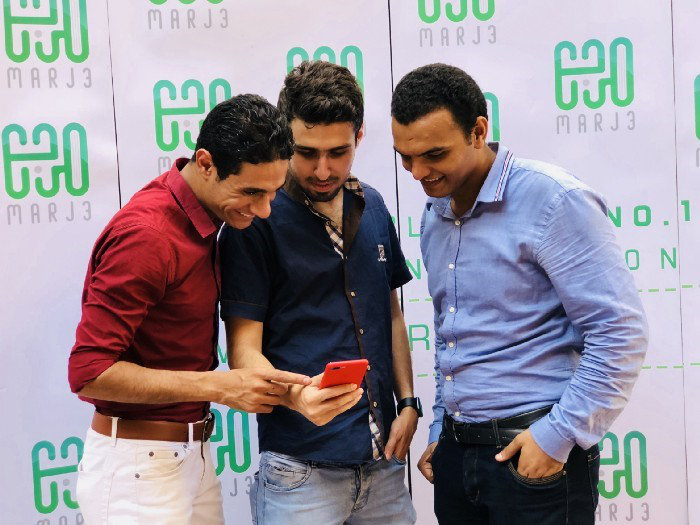
Since its launch in 2016, MARJ3 has been successful in helping many students across the region, from Tunisia to Palestine, find scholarships and access funding through its fellowship program. Even the coronavirus pandemic has not slowed its momentum as the organization has restructured its program to make it completely online.
The journey has not always been straightforward, and Sami believes that perseverance is vital if a social enterprise is to succeed.
“One of the key things you need to build a start-up is persistence,” he said. “It’s a long and hard journey. You will have a lot of ups and downs; some stuff that makes you excited and some stuff that puts you in a very bad mood. You need to try again and again.”
• This report is being published by Arab News as a partner of the Middle East Exchange, which was launched by the Mohammed bin Rashid Al Maktoum Global Initiatives to reflect the vision of the UAE prime minister and ruler of Dubai to explore the possibility of changing the status of the Arab region.
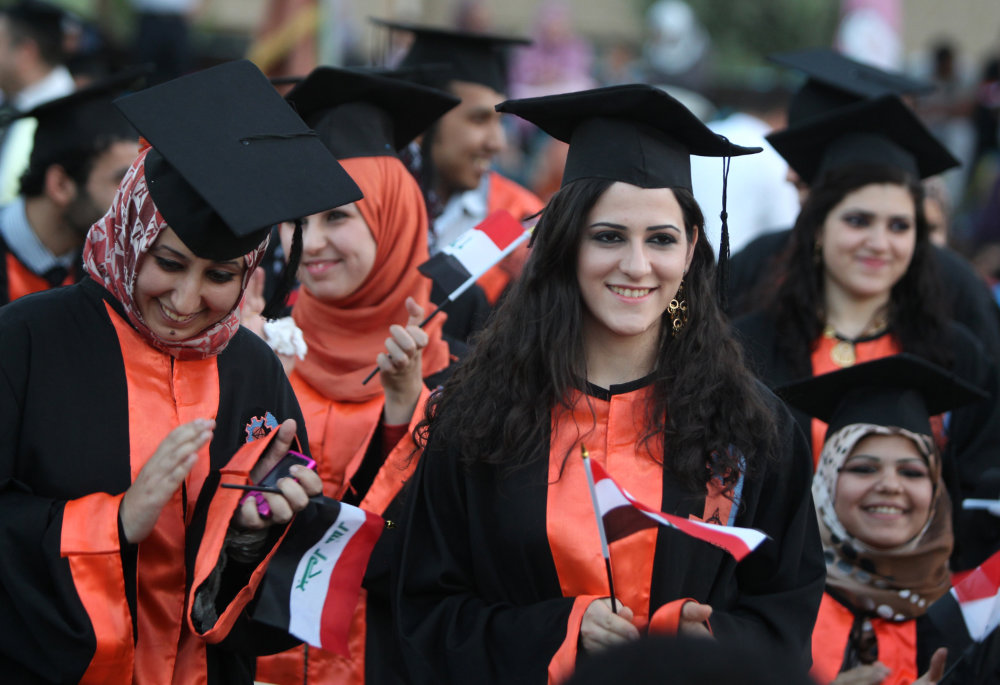
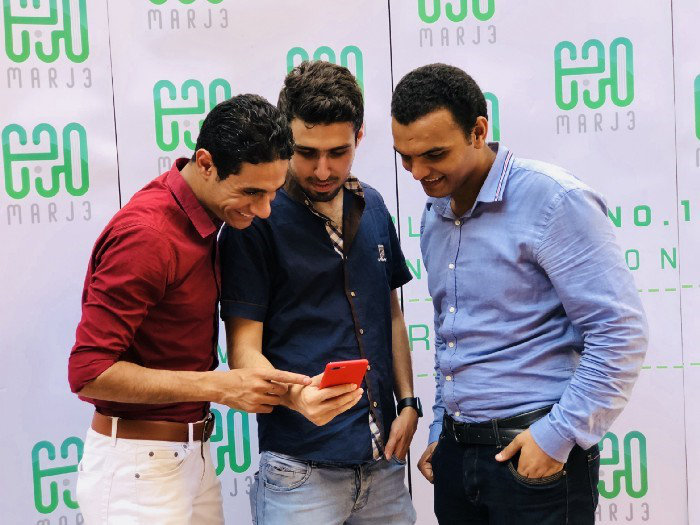
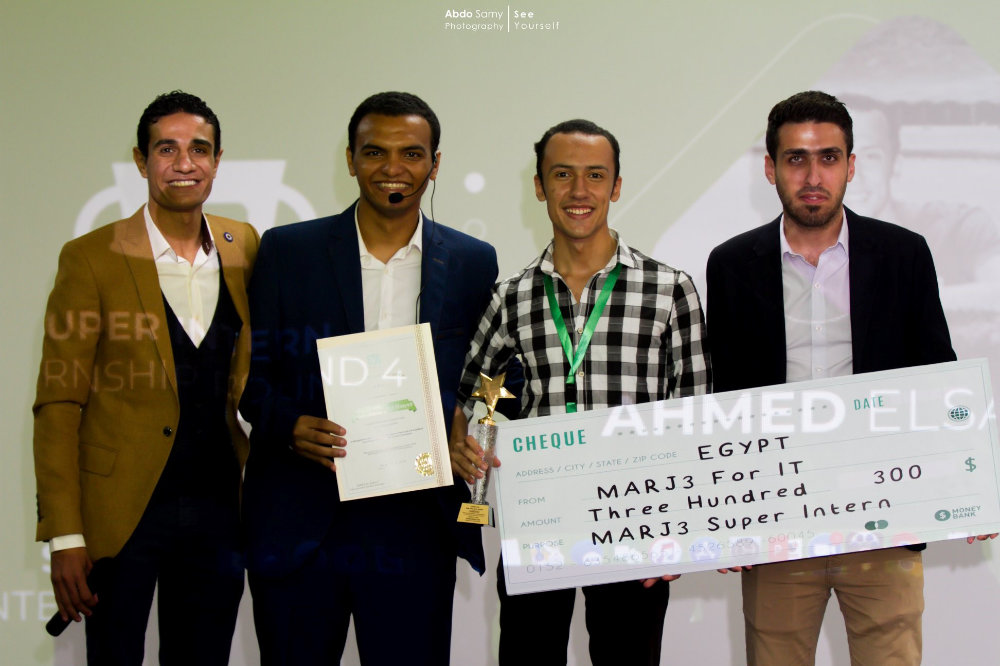
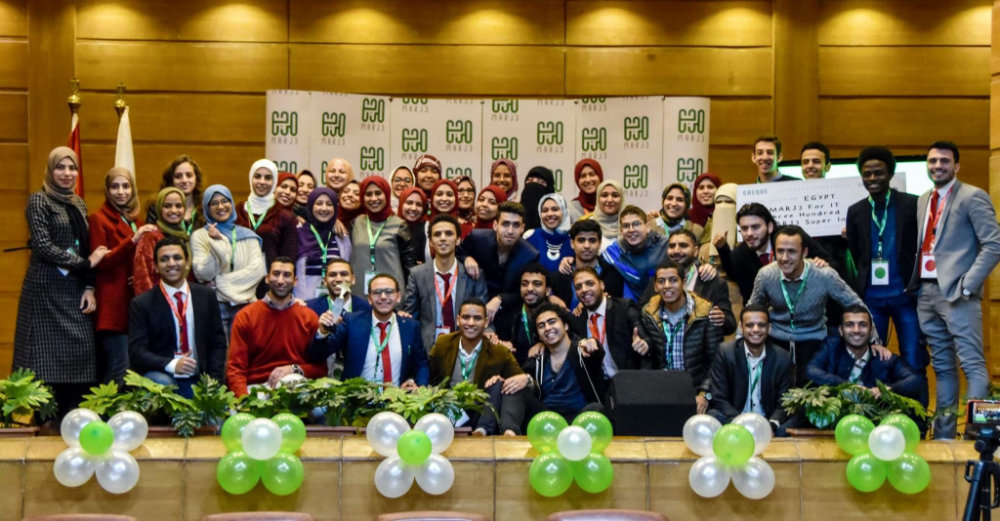

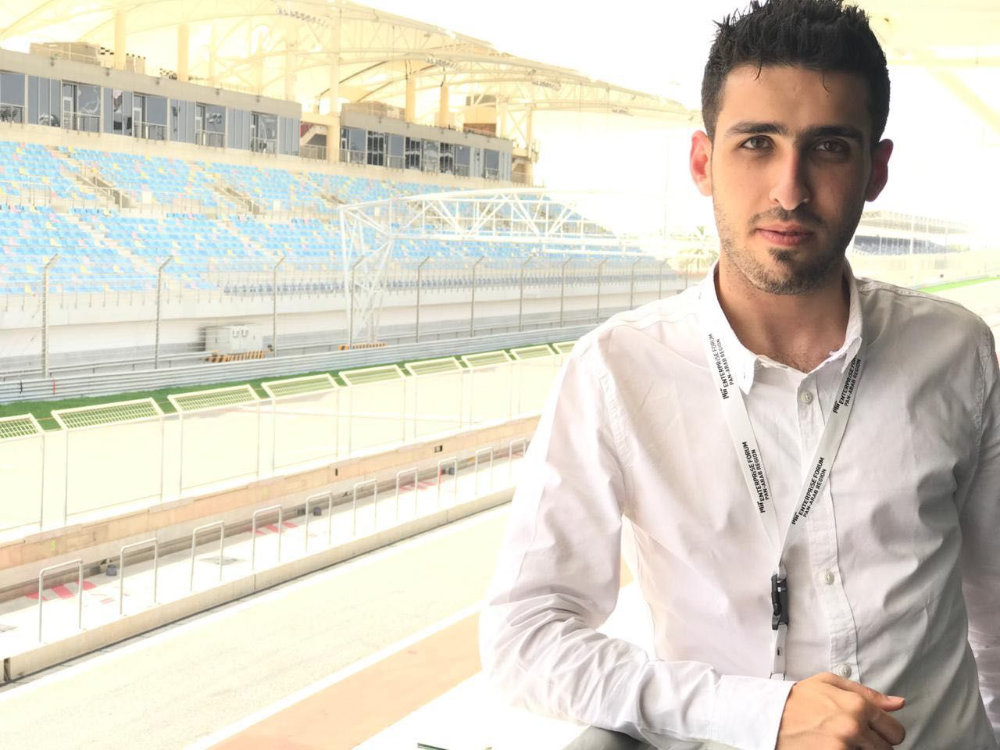
A startup sees Kuwait’s property-rental industry ripe for disruptionMENA startups inject tech savvy into Saudi Arabia’s entertainment scene
